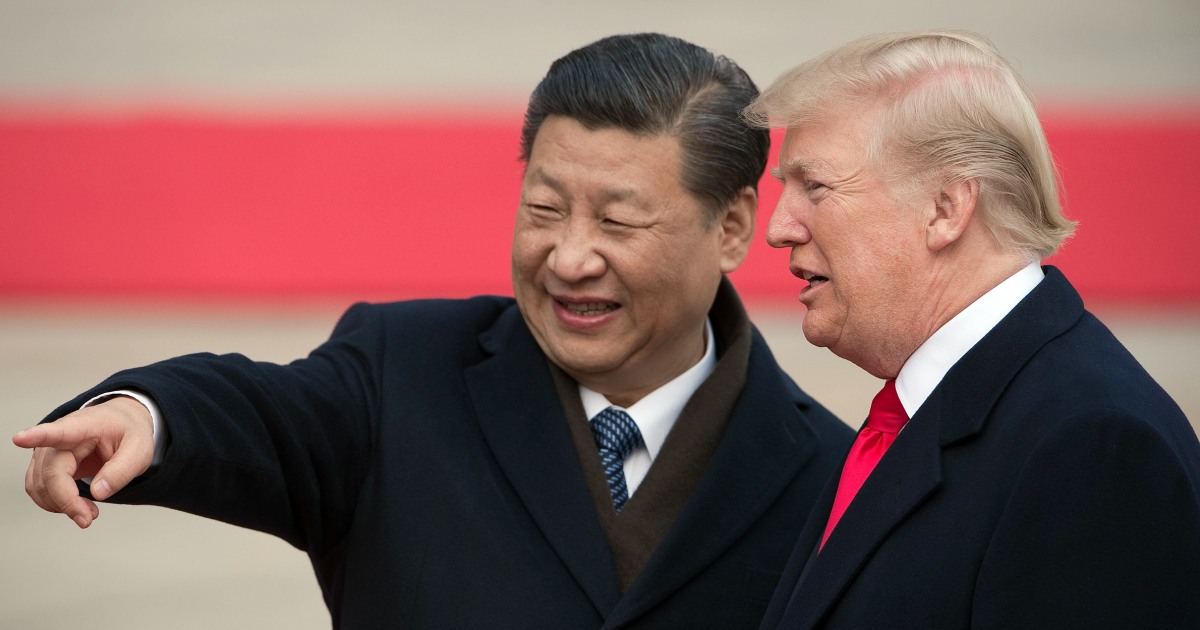US China tariffs have landed at 55% tariffs landed against Chinese imports and apparently, that's a done deal meaning those numbers are not going to change from here.
"A White House official told NBC News that the 55% figure isn’t new, as it reflects the 30% tariffs Trump added this year in addition to pre-existing duties totaling 25%."

 www.nbcnews.com
www.nbcnews.com
"A White House official told NBC News that the 55% figure isn’t new, as it reflects the 30% tariffs Trump added this year in addition to pre-existing duties totaling 25%."

Trump says China tariffs will stay high after two days of talks
The president said he and Chinese President Xi Jinping still need to sign off on a preliminary deal, even though he called it "done."









